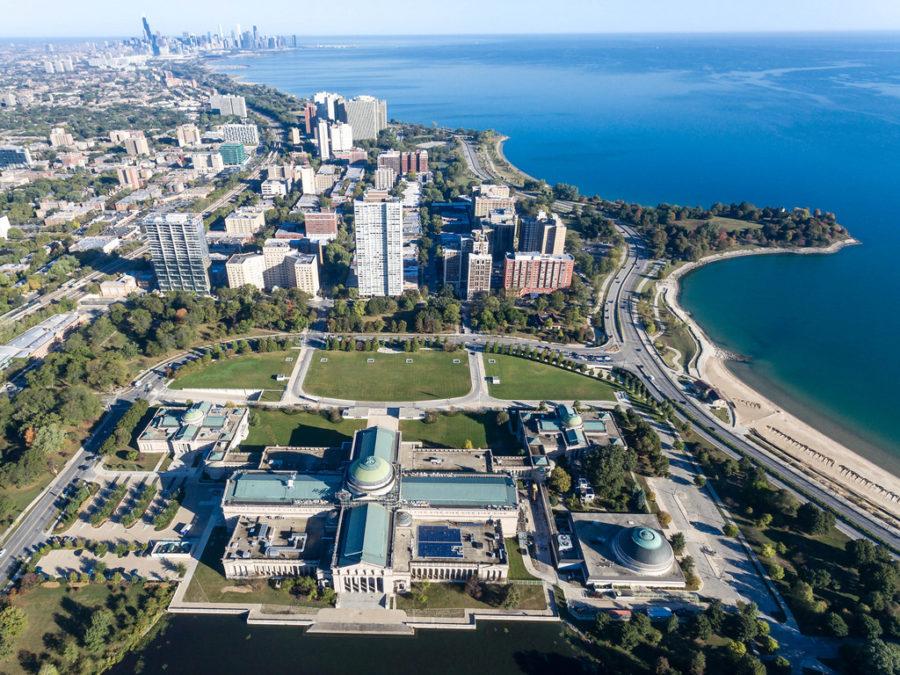UChicago will start a multi-year fund aimed at fostering relationships between the University and community-based organizations, University President Paul Alivisatos announced at a virtual roundtable discussion on Tuesday evening.
At the roundtable, Alivisatos and experts from community organizations discussed UChicago’s plans to address the “root causes of violence” following a recent rise in shootings around Hyde Park.
In his introductory remarks, Alivisatos said that the fund will be aimed at “supporting and encouraging partnerships between University units and community-based entities that advance research and improve community based outcomes.” The University’s current goal is to offer the fund’s first grants early this summer. More details on the process and exact timeline will follow soon, Alivisatos said.
After his remarks, Alivisatos introduced Illinois Lieutenant Governor Juliana Stratton, who spoke briefly about the state of Illinois’s efforts to help curb violent crime in Chicago. She mentioned her work with Governor J. B. Pritzker in creating the Reimagine Public Safety Act (RPSA) this past summer. The RPSA is “a four-year comprehensive plan that is investing $250 million to address gun violence.” Stratton said that the state is using “data-driven and holistic strategies to approach this problem like the public health crisis that it is.”
The event then transitioned to a panel, moderated by Vice President of Communications Paul Rand, that included UChicago professors, administrators, and alumni.
Dean of the Crown School Deborah Gorman-Smith said that neighborhoods experiencing high violent crime have “for decades suffered from disinvestment, unemployment, poverty, inequity in education, and decreased access to social, medical, and mental health services.”
Brenda Battle, senior vice president for community health transformation at UChicago Medicine (UCM), then spoke about UCM’s Violence Recovery Program, which was created in 2019. The program is aimed at helping those affected by violent crime “heal holistically,” according to Battle. It features partnerships between UCM and community organizations like Chicago Create Real Economic Destiny (CRED). “You have to [work] with community partners that are already embedded in the community and that are assets to your community,'' Battle said.
Part of UCM’s Violence Recovery program is a system of reinjury risk assessments performed by violence recovery specialists. “We want to know if there is a risk for retaliation. If there is that risk, we can activate our relationships with community organizations,” Battle said.
Jalon Arthur, the director of strategic initiatives at Chicago CRED, spoke about the holistic approaches that Chicago CRED takes to its work. “CRED is doing policy work. So that part of it is really about significantly increasing the amount of public funding investments,” he said.
Vice President for Civic Engagement and External Affairs Derek Douglas also spoke on the panel. He talked about the University's goals to “take its assets, partner with community stakeholders, and then direct those at a problem or challenge.”
Douglas also emphasized the importance of capacity building in the University's efforts to help strengthen nearby communities.
“Capacity building is working with nonprofit organizations to help them become stronger, more sustainable organizations in delivering on their mission,” Douglas said. “It might be helping them start a fundraiser, create a strategic plan, or put a board together.”









